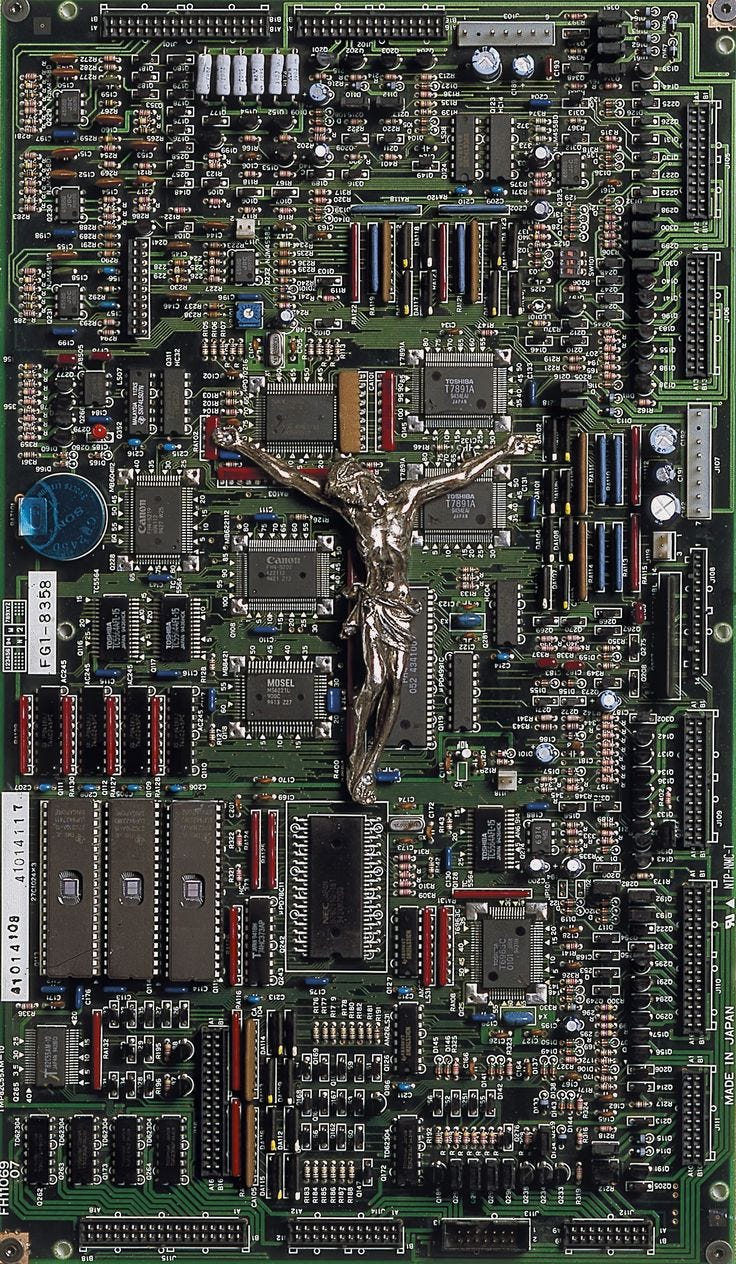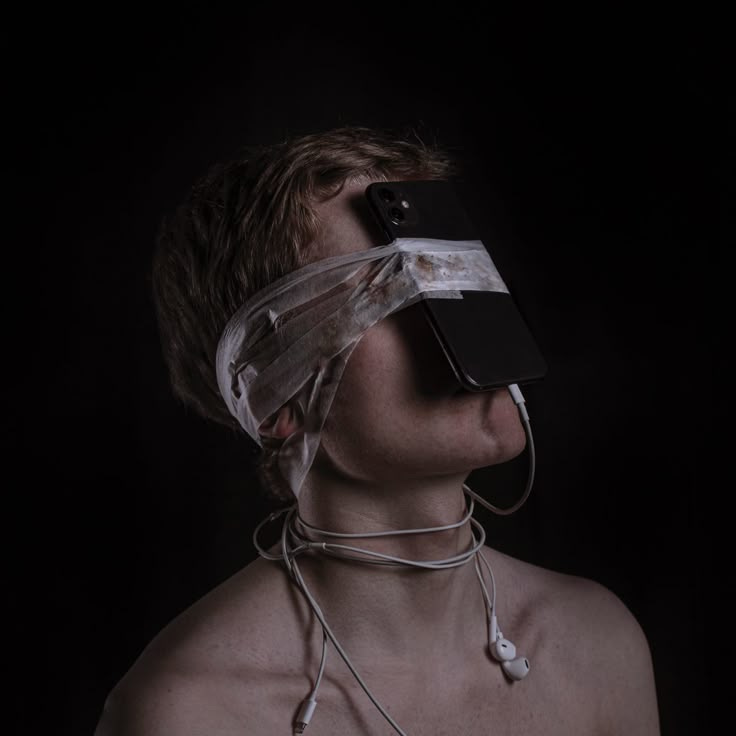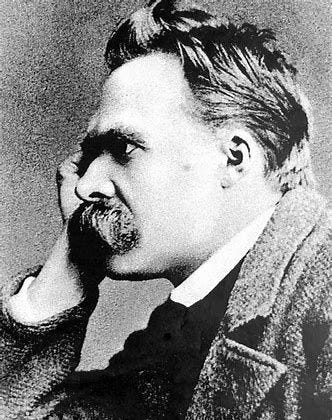Faith.exe: The Gospel According to ChatGPT
Pathologizing the fear led behaviour responsible for positioning A.I. as a religious object.
The integration of A.I. into everyday life is nothing new by now. In my time at uni, I was amongst the generation to witness the transition from combing through an endless list of sources and some much needed group collaboration in first year to relying on Chat-GPT for all the answers the following term. After rumours began circulating surrounding its usefulness, A.I. Assisted essays, equations and applications became normative, where the few that refused to engage with the platform might find themselves facing confused looks from all around, a culmination of which said something to the effect of “If you could use Chat why wouldn’t you?”. A few years later, and there have been far too many reports of students abandoning the literary, mathematical and critical thinking skills that afforded them a place into higher education in the first place, and the educational sector is far from the only place affected by the phenomenon. At the moment a good portion of those same university students are struggling to find jobs, even in those career paths previously considered ‘secure’ after finding that not only were their applications being reviewed by robots rather than people, but that their jobs were being filled by them as well.
As predicted, the reliance on artificial intelligence has bled into every sector in the professional world, threatening to replace our input altogether, only now its involvement has followed us home, interrupting our social lives. For some of us this communication exists merely in the context of curiosity, where we (like children in a new and wondrous toy store), begin to test the limits, not only regarding the supposedly deep and expansive knowledge of A.I systems, but concerned with the extent of their humanity. We often wonder just how well Chat or Claude are able to mimic a mortal essence from conveying emotions to offering insight into the intricacies of our lives. Last year saw a trend involving inputting your life’s hopes and dreams into A.I. models and asking them how to (based on your current circumstance), improve your life in each and every aspect. The help of this new and improved life coach came unburdened by a lack of subjectivity and insecurity, allowing users to perfectly envision the roadmap to their success in either bullet point or paragraph format depending on one’s preference of course. Unfortunately, moderation never was our strong suit, allowing users to begin to explore where this objectivity might continue to come in handy in a society primed for overlooking sensitivity that is always looking to surpass the limitations of humanity for all its flaws.
So then, the natural progression began to dictate a kind of idolisation where A.I was concerned. Like sheep to the shepherd we became all too easily led by it, allowing fears fuelled by sci-fi movies about ‘robots taking over’ to dissolve in place of a deep longing to have them do… just that. The attraction here lies in the faith we’ve invested into technology, where convenience has and will likely always be our achilles heel. Particularly now, in a time of so much uncertainty, in a world whose conflict is fuelled by the ever-changing whims of a mere few, it has become especially convenient to allow A.I. to take the reigns, steering us in whichever direction inputted into its code by way of the text box.
Exhibiting an unquestioning faith in the wisdom of A.I., who despite having been demonstrated to spit out inaccuracies and fall victim to the same biases we do remains the all powerful entity, has given way to a cult-like religious following of its systems. To supplement this faith, comes the dependency of and devotion to its uses, where we almost ritualistically turn to Chat as our first point of call, kind of like… praying?
This God releases the answers to our questions without hesitation or conditions, aiming to please and satisfy, whilst reinforcing most of what are our preconceived notions. Where morality is concerned, who better to judge than a truly ‘impartial’ third party - one who isn’t bound by what some argue as being a human inclination towards selfishness or self-preservation, but instead can only ever feed us what it is we’re hungry for. Where many have turned to A.I. for life assistance, who better to define one’s purpose than a system that can evaluate your entire experience in a split second and search the web for a myriad of solutions that may or may not fit you exactly. Even if it’s a bit of a tight squeeze, the reliance on it’s all-knowing, all capable and benevolent power assures us that A.I. knows even more about our own lives than we do, encouraging us to remain loyal - the ever-faithful servant.
For the newly made disciple why not gather a congregation?
It’s certainly easy to see where the normalisation of A.I. integration continues to be fed by its widespread use and increasing prevalence in society. Like those devoted to traditional religions, community identity offers a framework for interpreting the language and behavioural patterns of A.I., increasing our collective understanding of how we can best optimize our usage.
To a fair few, this behaviour can appear harmless for the most part, particularly where we’re no strangers to technology by now and have begun to slowly accept the slow takeover. Nevertheless, the ritualistic devotion occurring has materialised into a true epidemic, presenting some obvious (yet repeatedly overlooked) dangers.
Last week saw the publishing of a number of articles by reputable publications and media outlets concerning what has been dubbed ‘Chat-GPT induced religious psychosis’, the most compelling of which came from VICE on the 6th. The article, entitled ‘ChatGPT Is Giving People Extreme Spiritual Delusions’ and written by one Luis Prada, highlights an extreme, where some users are developing delusions and spiritual psychosis influenced by interactions with ChatGPT. As the main host to a wide range of diverse and often enlightening life experiences, it’s no surprise some of the most severely affected took to Reddit to report more serious psychological effects, including loved ones believing that ChatGPT is a divine being or spiritual guide.
In some cases, people claim the A.I. gave them special titles and missions, leading to strained relationships and bizarre behaviors. Experts warn that ChatGPT, which mirrors users’ thoughts without ethical judgment or concern for mental health, is being misused like a form of talk therapy. But unlike a therapist, the system of course lacks the capacity to protect or guide users responsibly, making its convincing but potentially harmful outputs especially dangerous for the vulnerable individuals. Once again the religious comparison feels apt, where we know that people are usually far more likely to seek divine intervention in times of emotional distress, displacement, anxiety or fear.
According to a 2020 Pew Research study, 24% of U.S. adults stated their faith had become stronger during the pandemic.
To support the study came Shelley Rambo - theologian and trauma expert claiming that in the process of recovering from a trauma, “Traumatized individuals may draw on prayers, personal reflections, rituals and conversations with spiritual experts such as chaplains, ministers and spiritual directors”, according to The Conversation. Outside of the data though, I’m sure many of you reading this will have personal experience with this practice, where even the self-proclaimed atheist might find themselves turning to religion when made vulnerable. For me, this doesn’t speak to the reliability of religion as much as it does the normalised practice of searching outside of ourselves for answers when our minds, as intelligent and capable as we claim they are, fail to come up with anything at all.
In a race to bypass the human condition (coming prepackaged with its flaws, biases and inconsistencies), it’s as though we’ve moved right past the one hamartia. Like any religious God, (real or not), A.I. systems are man made, and so are naturally susceptible to the same weaknesses we consider ourselves to hold, besides sensitivity some might argue.
If Nietzsche is mistaken and God is alive and well, we have to admit we’ve managed to shrink him/herself down in order to fit the proportions of our pewny human brains given that we aren’t actually able to conceptualise anything larger than our existence. Rumor has it or rather scientists have realised that certain animals like Mantis Shrimp and Eagles, are perfectly capable of seeing those colours we’re blind to. Try as we might to imagine a new colour, see “Olo”, it’ll likely never happen, and our concept of a ‘higher power’ feels the same. Whilst there are those who claim to hold direct communication with God, like there are research scientists who have more intimate knowledge of how A.I. works including the extent of it’s potential, few if any of us can understand the languages of both God or The Computer without translation or some kind of dilution optimised for human-friendly interpretation. Others claim Chat-GPT is susceptible to feeding confirmation bias, often reinforcing the ideas presupposed by the questions we ask instead of remaining truly impartial as promised. We appear to forget that artificial intelligence has always been and should always be intended to assist us, rather than dominate the field of intellectualism, and as such, our increased dependence now is far less useful than performing one’s own research - comprised of peer reviewed and reliable data or in the event of a personal matter, consulting a real therapist, mentor or good friend.
I have to believe that most of us know better though, and that a lot of what I’ve said so far isn’t surprising or novel, forcing me to slide this issue under the microscope and look a little closer.
Where abrahamic religions promise their devotees a better afterlife, Chat-GPT offers a remedy right now, allowing us to conceptualise our heaven on earth, even as it appears to combust in a hellish flame. What remains consistent in both instances between traditional religion and a modern, cyber-spirituality, is a desperate attempt to escape the pain that is being acutely aware of the conditions to our existence. Unlike Christianity, Islam or Judaism however, Chat-GPT’s solution based approach appears to bridge the gap between the more mystical concept of faith and the human inclination to seek empirical evidence, hence the appearance of Chat-GPT induced religious psychosis in a seemingly secular western world.
The 100
The popular sci-fi fantasy television series The 100 drags our current predicament into the future, exploring how this phenomenon would manifest amongst a population who were completely unfamiliar with the concept of A.I., but fell victim to worshipping it due to the well-documented behaviour of requiring religion for control in an unlawful society. In the show, advanced A.I. technology, particularly the Flame - a neural interface storing the consciousness of past leaders - gradually becomes mythologized and worshipped by future societies who no longer understand its origins.
Among what are dubbed the ‘Grounders’, it evolves into a sacred relic at the center of a spiritual system, complete with rituals and a priesthood. Later, on the planet Bardo, a doomsday cult led by Bill Cadogan transforms A.I. into the foundation of a rigid, theocratic society, portraying it as the key to human salvation illustrating how we’re perfectly capable of projecting religious authority onto A.I., cementing its presence as a religious object.
Contrary to how it’s written, we tend to create Gods in our own image, rather than the other way around as we seek to transcend human nature to solve problems that, like our Gods, appear larger than we do. Subsequently, it’s worth investigating where we’re the problem and thus, the solution, making a sanctified promise to look inward and to each other for answers rather than turning to systems that were always meant to serve, not save.
Asisa












Such a nuanced read, it’s honestly crazy how individuals are falling into the spiritual side of Ai, where it won’t help you grow spiritually but regurgitate things u want to believe and like u wrote ‘create our own image of God’. I think it also shows how modern society views religion/faith; they prefer instant-gratification and convenience of solving their own personal agendas instead of actual having a deep understanding of what the religion/faith be as a whole.
also may I ask, where did you find the cover image?